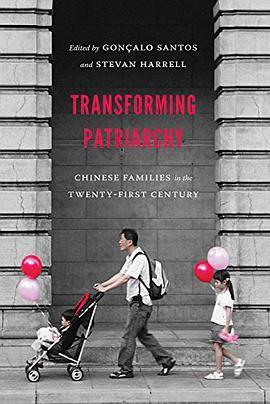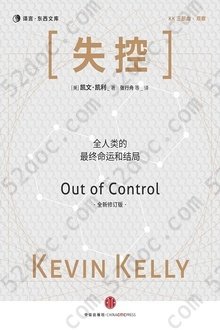注重体验与质量的电子书资源下载网站
分类于: 人工智能 云计算&大数据
简介

Transforming Patriarchy: Chinese Families in the Twenty-First Century 豆 0.0分
资源最后更新于 2020-10-03 04:28:36
作者:Goncalo Santos
出版社:University of Washington Press
出版日期:2016-01
ISBN:9780295998978
文件格式: pdf
标签: 人类学 社会学 海外中国研究 父权 当代中国 家庭 人类学读物 新书记
简介· · · · · ·
Each successive wave of revolution to hit modern China-political, cultural, and economic-has radically reshaped Chinese society. Whereas patriarchy defined the familial social structure for thousands of years, changing realities in the last hundred years have altered and even reversed long-held expectations. Transforming Patriarchy explores the private and public dimensions of ...
目录
Chapter One: Dutiful Help: Masking Rural Women’s Economic Contributions;
Chapter Two: From Care Providers to Financial Burdens: The Changing Role of Sons and Reproductive Choice in Rural Northeast China;
Chapter Three: Higher Education, Gender, and Elder Support in Rural Northwest China;
Chapter Four: Multiple Mothering and Labor Migration in Rural South China;
Chapter Five: Urbanization and the Transformation of Kinship Practice in Shandong;
Chapter Six: Being the Right Woman for “Mr. Right”: Marriage and Household Politics in Present-Day Nanjing;
Chapter Seven: Emergent Conjugal Love, Mutual Affection, and Female Marital Power;
Chapter Eight: Under Pressure: Lesbian-Gay Contract Marriages and Their Patriarchal Bargains;
Chapter Nine: Patriarchal Investments: Expectations of Male Authority and Support in a Poor Beijing Neighborhood;
Chapter Ten: Taking Patriarchy Out of Postpartum Recovery?
Chapter Eleven: Assisted Reproductive Technologies, Sperm Donation, and Biological Kinship: A Recent Chinese Media Debate;
Chapter Twelve: Recalibrating Filial Piety: Realigning the State, Family, and Market Interests in China
Chapter Two: From Care Providers to Financial Burdens: The Changing Role of Sons and Reproductive Choice in Rural Northeast China;
Chapter Three: Higher Education, Gender, and Elder Support in Rural Northwest China;
Chapter Four: Multiple Mothering and Labor Migration in Rural South China;
Chapter Five: Urbanization and the Transformation of Kinship Practice in Shandong;
Chapter Six: Being the Right Woman for “Mr. Right”: Marriage and Household Politics in Present-Day Nanjing;
Chapter Seven: Emergent Conjugal Love, Mutual Affection, and Female Marital Power;
Chapter Eight: Under Pressure: Lesbian-Gay Contract Marriages and Their Patriarchal Bargains;
Chapter Nine: Patriarchal Investments: Expectations of Male Authority and Support in a Poor Beijing Neighborhood;
Chapter Ten: Taking Patriarchy Out of Postpartum Recovery?
Chapter Eleven: Assisted Reproductive Technologies, Sperm Donation, and Biological Kinship: A Recent Chinese Media Debate;
Chapter Twelve: Recalibrating Filial Piety: Realigning the State, Family, and Market Interests in China








